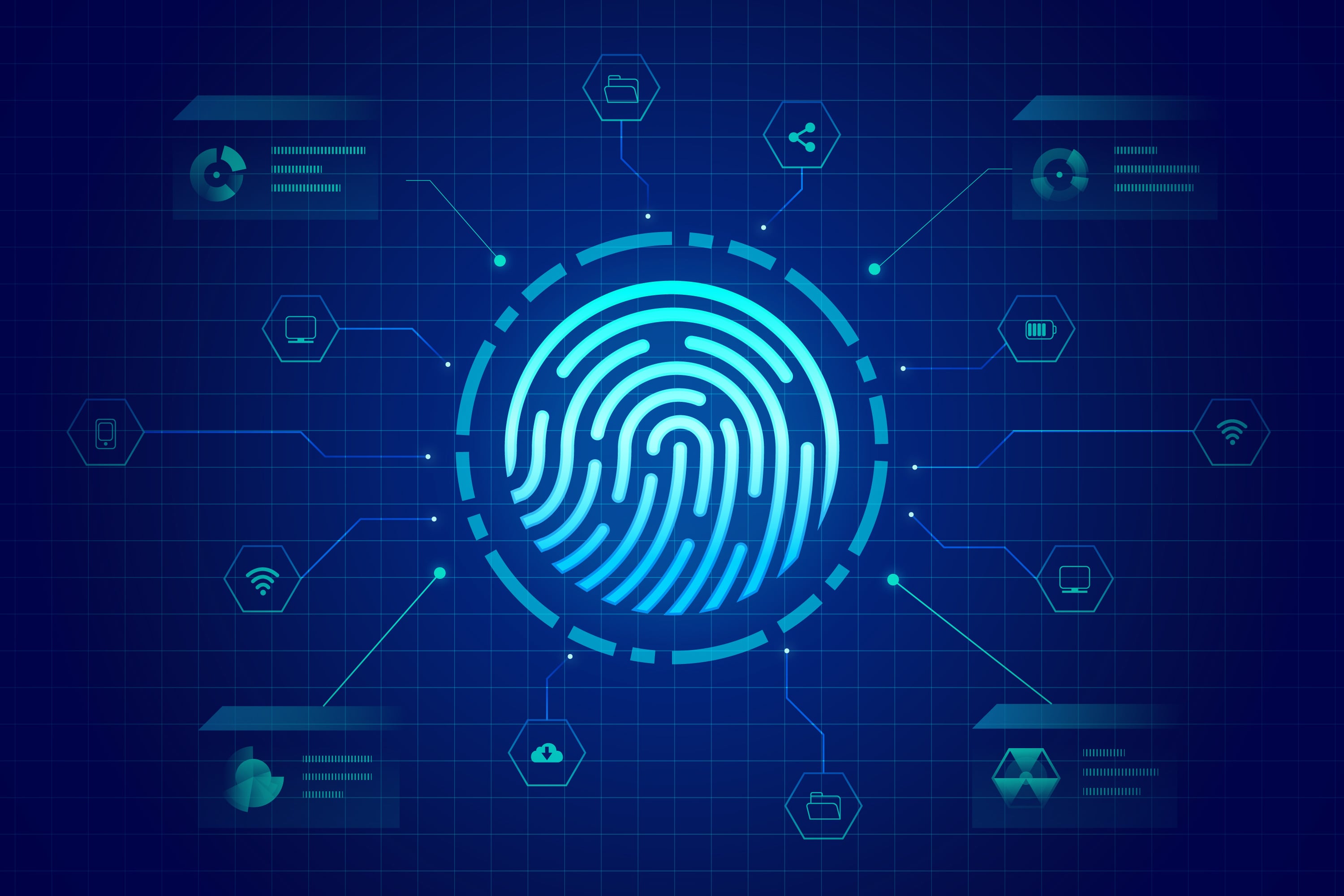Isn’t deleting files from the Recycle Bin enough to permanently delete data?
The direct answer is no.
You can treat the Recycle Bin as the last frontier for the data you wish to delete. Whether you accidentally or intentionally deleted any critical data, you can still easily retrieve them here before you permanently remove them from your system.
So, when you delete files from the Recycle Bin, where does it go?
All deleted files (in Windows) are still safely stored in your computer's hard drive. Just because you can't see it anywhere, doesn't mean it's not there.
You may not know it but not cleaning your Recycle bin and hard drives may allow hackers and scammers to recover long-forgotten confidential data that would bring potential danger to your organisation. This is where cyber security solutions come into play. Unless digitally shredded or completely wiped out from all your storage resources, your financial and personal data remains at risk.

Deleted files are still recoverable!
Yes, you read that right.
Emptying your Recycle Bin doesn't permanently delete your files.
So, there is no need to blame your employee for supposedly forgetting to delete that old confidential file or your IT guy for not setting up your data backup and security right.
So where do deleted files go?
Whenever you delete a file in your computer and empty your Recycle Bin, your data is not entirely wiped out from your computer. Although you can no longer see the file in the location it once was and your operating system no longer has it, a copy still exists on your hard drive.
Are files permanently deleted from the recycle bin?
So if you're looking to delete files from the recycle bin permanently, you can delete them from the recycle bin, they will still be in your computer's hard drive and will require another type of deletion process or until another file replaces that file in the exact location.
How to recover permanently deleted files from your hard drive?
If you accidentally and permanently delete a file, you can recover it using reliable data recovery software and retrieve the file straight from the hard drive.
Note: this process only retrieves the most recent version of the deleted file.
The reason why computers are programmed this way is it's easier to remove the copy of the file instead of having it overwritten in the hard drive. And this is why most people can still get their deleted data retrieved.
If it just so happened that you accidentally deleted a very important document and you've just wiped your Recycle Bin clean, you can flag your IT support provider to help you retrieve those files from your hard drive.
Why you should always check your hard drives
You would want to ensure that confidential data remains secure, even if it’s deleted.
But apparently, permanently deleting all your files and other important data even in the recycle bin is not enough. It is not technically "deleted."
Although the operating system can't find it anymore, a copy of it is still accessible through your hard drive.
Depending on your hardware, the data stored on your hard drive can either remain intact or in smaller pieces if a user tries to retrieve them after some time.
So, before you sell or give away your old computer(s), ensure that no software can retrieve any sensitive data from the hard drive that would uncover confidential business information.
How to permanently delete files from your hard drive
I guess we have now established that there is more to deleting files than we initially thought. Even I am guilty of thinking that permanently deleting files from the Recycle Bin was enough for old files to not come back and haunt us in the future.
Deleting files permanently depends on the hard drive.
Make sure to check the specs before moving forward. This will give you a general idea of what you can do to permanently and securely remove your old files.
It is always a great alternative to use a third-party program for this. How these programs work is they overwrite your hard drive with random data, so your old files are no longer retrievable.
And well, If you’re looking for permanent deletion, send your drive through a wood chipper. Data sanitization can never be completely guaranteed by any means, but after a good bashing with a hammer, there’s no going back.
Deleting files from the cloud is a different story
Permanently deleting stored files from the cloud is a whole different process compared to deleting local data.
Although the cloud storage process has a similar theory to storing files locally, there’s a higher risk of the data not being permanently removed as a cloud copy is created every time there's a new file in the local environment.
One example is Google Photos.
Even if you delete your photos in your local gallery, those files are still accessible in your Google account.
When your Google account realises that you have deleted files when it’s synching, it will ask your permission to send those photos to the archive. But then, you’ll have to manually delete them again to ensure that it’s permanently gone.
The point of cloud storage is to create a replica of your locally stored data and save it in an external cloud server just in case anything happens to your on-premise IT. But depending on your company’s data retention policy, you also have the option to delete files permanently (both local and cloud) once it synchs, deleting everything for good.
If you're looking to establish a tailor-fit cloud backup solution for your organisation, you can learn more about our cloud services here.
Feel free to reach out to us and we'll recommend the best cloud option that will enable you to achieve your strategic goals.








.jpg)





